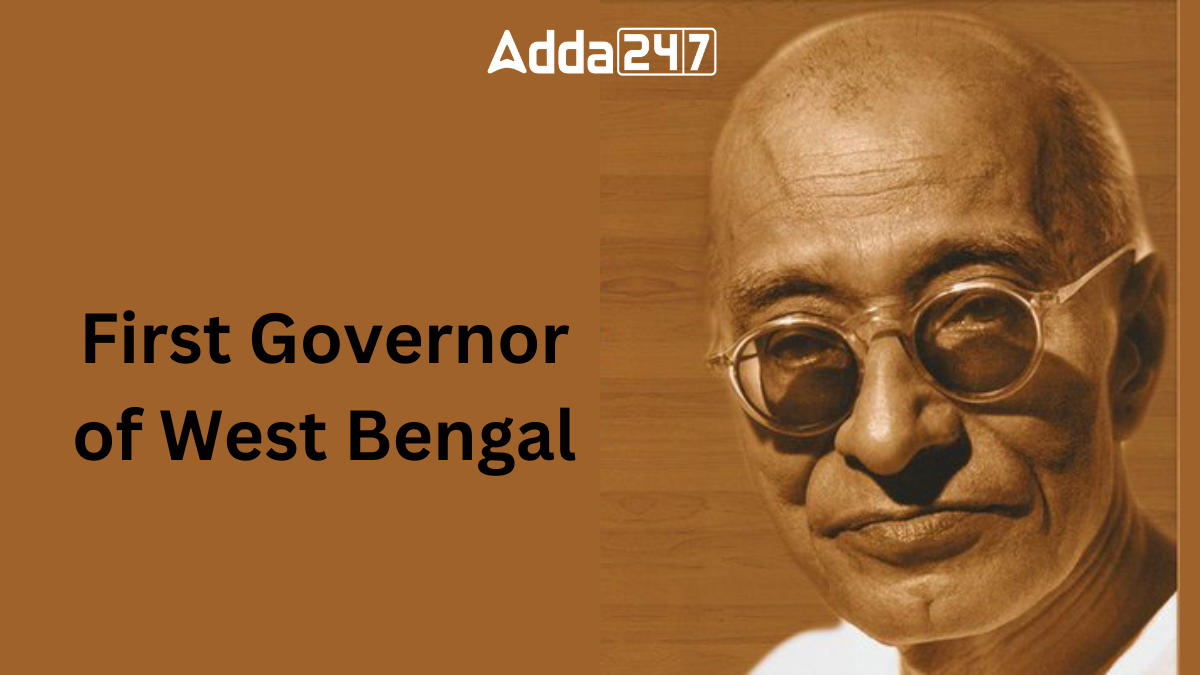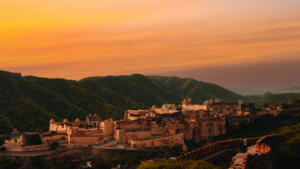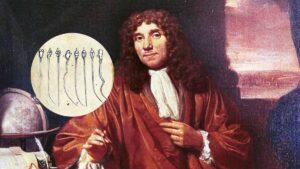Chakravarthi Rajagopalachari, affectionately known as Rajaji, holds a revered place in Indian history as the first Governor of West Bengal. A stalwart of the Indian National Congress and a close associate of Mahatma Gandhi, Rajaji’s tenure in West Bengal marked a period of profound leadership and dedication to the principles of justice and equality. His legacy continues to inspire generations, embodying the essence of statesmanship and service to the nation.
Who was the First Governor of West Bengal?
Chakravarti Rajagopalachari, affectionately known as Rajaji or C.R., was a multifaceted personality in Indian politics and literature. His illustrious career spanned various roles from being the last Governor-General of India to serving as the Chief Minister of Madras State. Renowned for his statesmanship, literary contributions, and unwavering commitment to social reform, Rajagopalachari left an indelible mark on India’s history.
First Governor of West Bengal – Basic Details
| Name: Chakravarti Rajagopalachari |
| Date of birth: 10th December 1878 |
| Place of birth: Thorapalli, Madras Presidency, British India |
| Known for: 1st Governor of West Bengal |
| Political Party: Swatantra Party |
| Awards: Bharat Ratna |
| Death: 25th December 1972 |
| Place of birth: Madras, Tamil Nadu, India |
Inaugural Governor of West Bengal – Early Life and Education
Rajagopalachari was born on December 10, 1878, in the Thorapalli village of Hosur taluk in the Madras Presidency. Coming from a Brahmin family, he exhibited intellectual prowess from a young age, graduating in arts from Central College, Bangalore, and later studying law at Presidency College, Madras. Despite facing health challenges as a child, Rajagopalachari’s determination led him to excel in his academic pursuits.
West Bengal’s First Governor – Political Journey
Rajagopalachari’s political career was marked by his close association with Mahatma Gandhi and his active involvement in the Indian National Congress. He participated in various movements against British colonial rule, including the non-cooperation movement and the Civil Disobedience movement. His leadership roles ranged from being the Prime Minister of the Madras Presidency to serving as the Minister of Industry and Supply in the Interim Government of India.
As the last Governor-General of India, Rajagopalachari played a pivotal role during the transition period to Indian republicanism. His tenure witnessed significant political developments, including the integration of princely states into the Indian Union. Additionally, his contributions as the Minister of Home Affairs and Chief Minister of Madras State underscored his commitment to governance and public service.
Literary and Social Contributions of West Bengal’s First Governor
Beyond politics, Rajagopalachari was a prolific writer and scholar. His works spanned both Tamil and English literature, covering topics ranging from epics like the Mahabharata and Ramayana to philosophical treatises on Hinduism and the Upanishads. Notably, his retelling of these epics in English brought classical Indian literature to a wider audience, earning him accolades such as the Sahitya Akademi Award.
Rajagopalachari’s advocacy for social reform was equally significant. He championed causes such as temple entry for Dalits and prohibition, demonstrating a commitment to social justice and equality. His efforts in spearheading initiatives like the Mahabal Temple Entry program and his role in the conclusion of the Poona Pact highlighted his dedication to uplifting marginalized communities.
First Governor of West Bengal – Legacy and Recognition
Rajagopalachari’s legacy continues to resonate in Indian politics and literature. His contributions to nation-building, governance, and literature have earned him widespread acclaim. Renowned leaders such as Mahatma Gandhi and Richard Casey regarded him highly for his wisdom and integrity.
In recognition of his contributions, Rajagopalachari was posthumously awarded the Bharat Ratna, India’s highest civilian award. His portrait adorns the Central Hall of Parliament House, symbolizing his enduring influence on India’s democratic fabric.



 Top 10 Largest Palace in the World
Top 10 Largest Palace in the World
 The Father of Microbiology, Know The Nam...
The Father of Microbiology, Know The Nam...
 Biggest Stadium in the World By Capacity...
Biggest Stadium in the World By Capacity...
